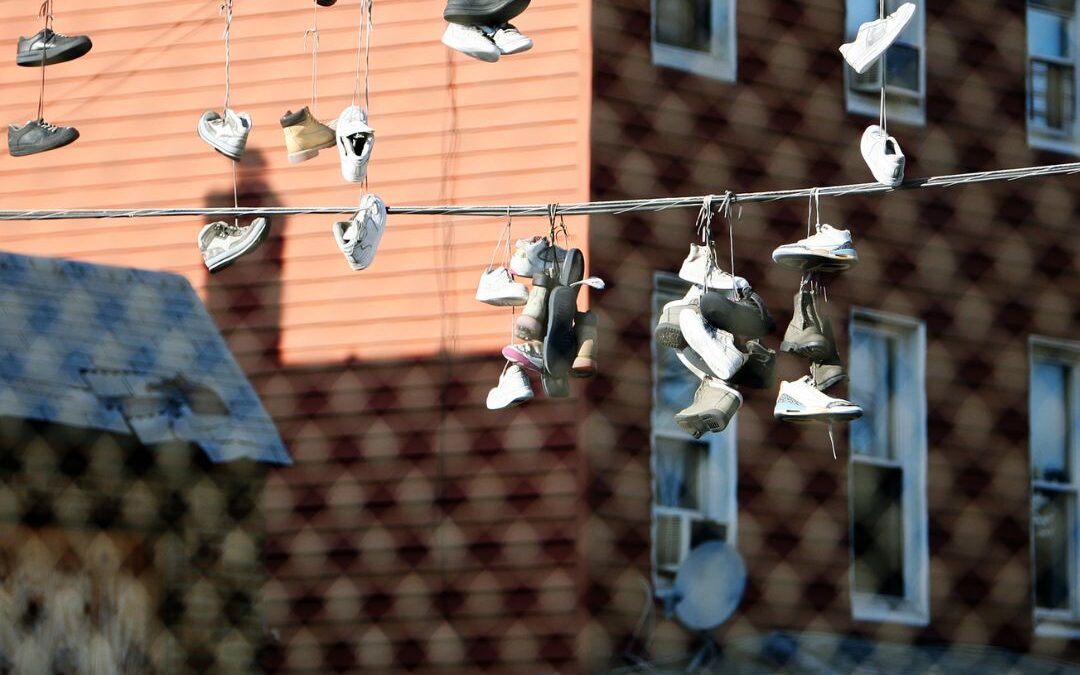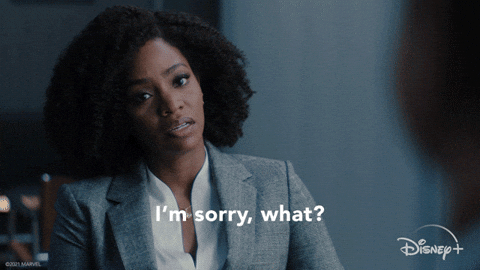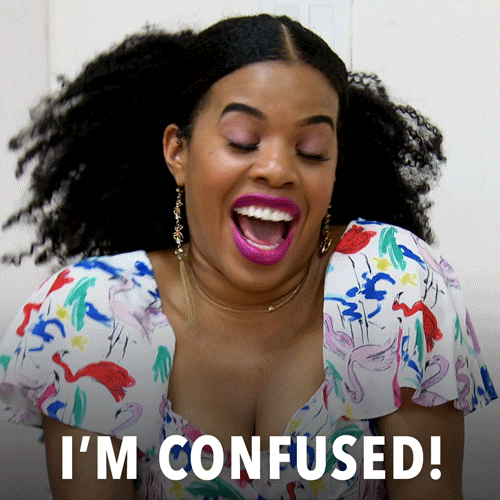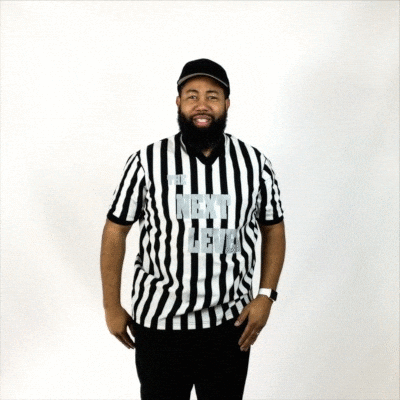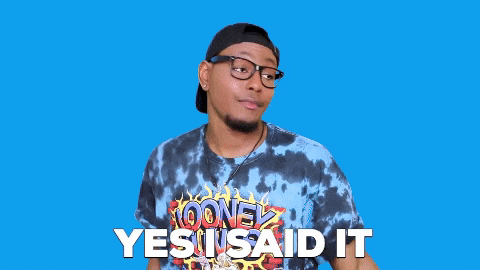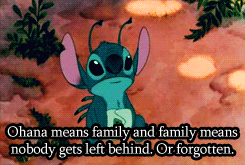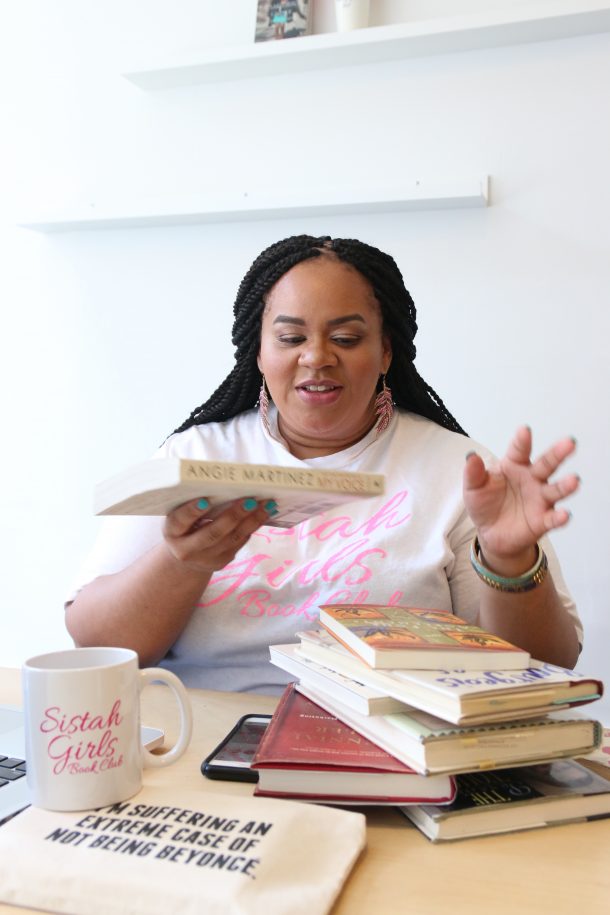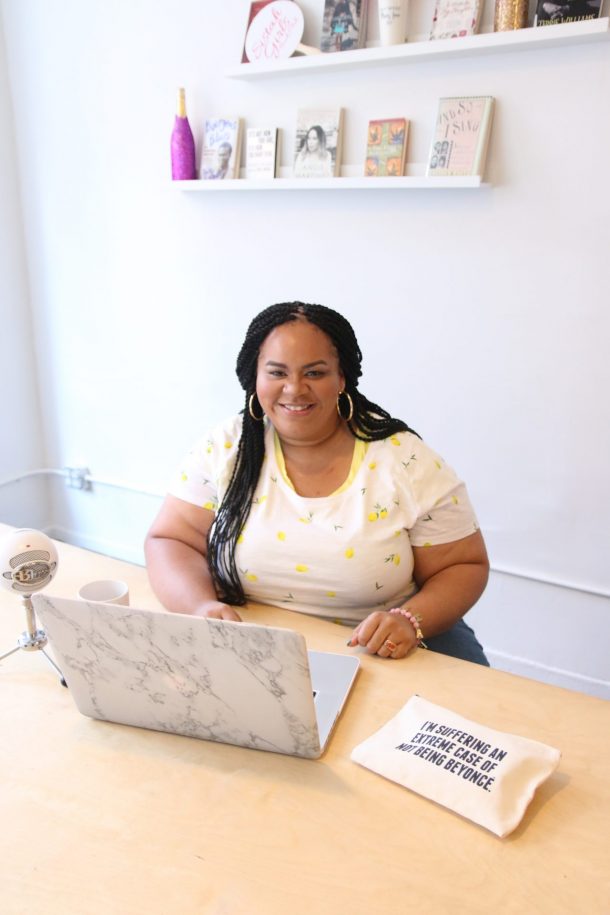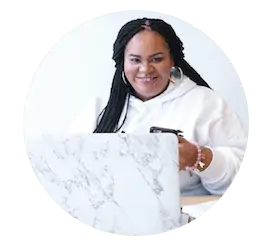What’s happening Sistah Girls! 2024 is only one month away and looking back over this year’s Black Lit bingo card I must say, it has been wild in these literary streets.
From traditional publishing shunning Black voices, the price increase for Kindle Unlimited (still without an increase in royalties for KDP authors), AI (Artificial Intelligence) kicking in the creative workshop door, and plagiarism being caught in 4K!
I don’t know about you all, but it feels like the Black Lit world has been under siege since the clock struck midnight on January 1st. This is especially the case with the exhaustingly ludicrous, recurring discussion surrounding Urban literature’s merit in the book world.
Some people carry the uneducated and illogical opinion that Urban literature is not real literature.
Sistah Girls, grab a glass, pour a rim full of fermented grapes, and let’s talk about Urban literature and the debate of its legitimacy.
IN THE BEGINNING
Since women first walked the earth, Black people have been storytellers. Be it a word-of-mouth folktale, a braided visual guide on how to find freedom or an entertaining anecdote before bed.
The tales we grew up listening to, creating, and sharing serve as a vital passport to understanding and appreciating the richness of Black culture.
One of my biggest icks, as it pertains to the conversation of Urban Lit’s legitimacy, is the double standard people’s dislike for the category is based on.
I’ve yet to understand the logic behind readers being able to accept tales of billionaire mobsters who kidnap for love, werewolves, and their love stories, or even interracial relationships; where Mr. Klansman meets a cocoa goddess and decide they’ve seen the light and Black lives matter after all. Yet they’re quick to point their unpolished finger at Urban literature and scream loud and proud that it’s illegitimate.
Somebody, please make it make sense.
Our friends at Google define legitimate as, “conforming to the law or rules.” Now correct me if I’m wrong, but there’s nothing written in the Constitution nor any of the 50 states’ legislations that says writing or reading Urban literature is illegal. So what is the real issue?
LET’S TAKE IT BACK
“Oh, Urban Lit is too violent…I didn’t grow up like that… this seems unrealistic…they use the N-word too much.”
It is not uncommon to find statements such as these in the ratings, comment sections, and even the meeting spaces for Urban books. And while I cannot attest to possessing the attribute of omniscience, I can say there are way too many books in existence for folks to make a cognitive decision to read a genre they’ve never enjoyed or “can’t relate to.”
Then take it a step further and try to discredit the voice of an author because their story isn’t aesthetically pleasing to the bubble of systemic privilege you may live in–that is delusional and outright foul!
When it first popped on the scene in the late 1960s, Urban Literature or “Street Lit” set the stage for society’s outliers to share their stories with the world. For many, it was a way for them to turn over a new leaf and hopefully prevent readers from going down the wrong path.
For example, the 1967 release by Iceberg Slim titled, Pimp: The Story of My Life.
This 300-some-odd page-turner was an autobiographical fiction recounting Slim’s journey from gifted adolescent to circumstantial souteneur. Mind you, this was all before desegregation happened in the U.S.
Question: Since the published retellings of Slim’s life feature situations and circumstances that are violent (and not everyone has grown up in), does that mean we should label his work as invalid or illegitimate?
This reader/author says HELL NO!
The same folks who vote on the all-lives matter side of the ballot are the ones who consider Urban literature illegitimate. As well as skin-folk who pander too close to the sun for the approval of the non-melanated.
And for individuals who do not share the same racial and ethnic background to feel they have a right to dub Urban books illegitimate, gives the same vibe as their forefathers regarding Black people as ⅗ human.
How can you sit outside of the comprehensive economic circumstance of someone else’s lifestyle, and then cast judgment on how they regurgitate their journey?
Such authority is not for one individual walking this planet to claim as their own. And shame on any whose entitled behavior insists otherwise.
Let’s Wrap This Up
Urban literature is too valuable of a voice in the literary world. For some of us, it is the input of our cousins, aunts and uncles, and our very best friends.
For others, it is a recollection of the summertimes we spent at our GG’s house learning the latest dances and getting that first kiss from the boy up the street we had no business talking to.
Urban literature, like all Black literature, is a coded language. A taste specified for those that get it, to get it. It is not about the glorification of murder, drugs, and crime. Instead, it is the representation of a people’s ability to win in a system that was built for us to fail.
The authors who pen about the dealers, the addicts, and (what society deems) the misfits of the world, are doing their part in preventing the erasure of someone’s very existence on this planet.
Between the pages of Urban literature, we get to see another viewpoint of this crazy thing called life.
One where everything may not be picture perfect all the time, but the melanated sistahs and brothas starring in these tales are doing the best with what they got! And it is that tenacity that binds us across genres, both literary and literally.
Regardless of what they feel, Urban literature is very much real literature. It is relatable. And it is here to stay.
Well Sistah Girls, that’s all I have for you today.
Until next time remember: “Never be limited by other people’s limited imaginations.” – Dr. Mae Jemison.
Peace 💙
